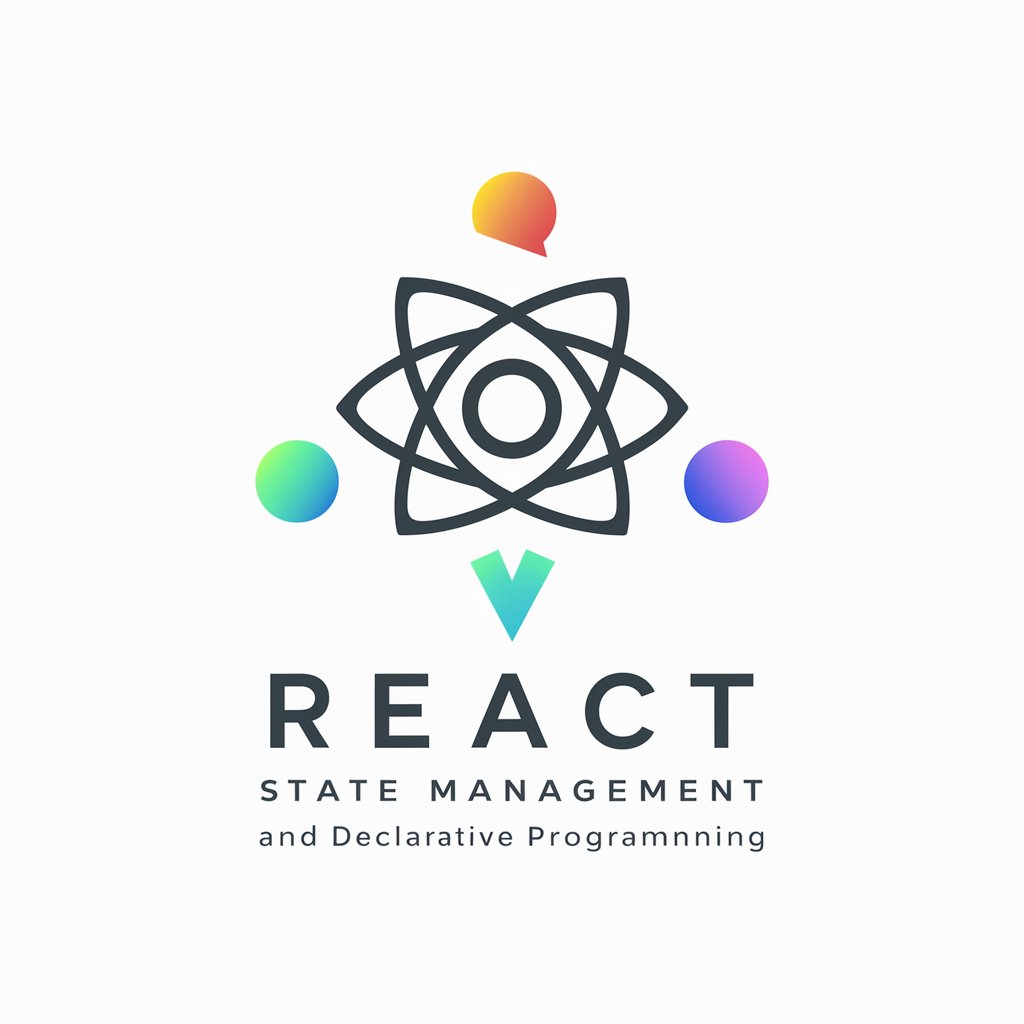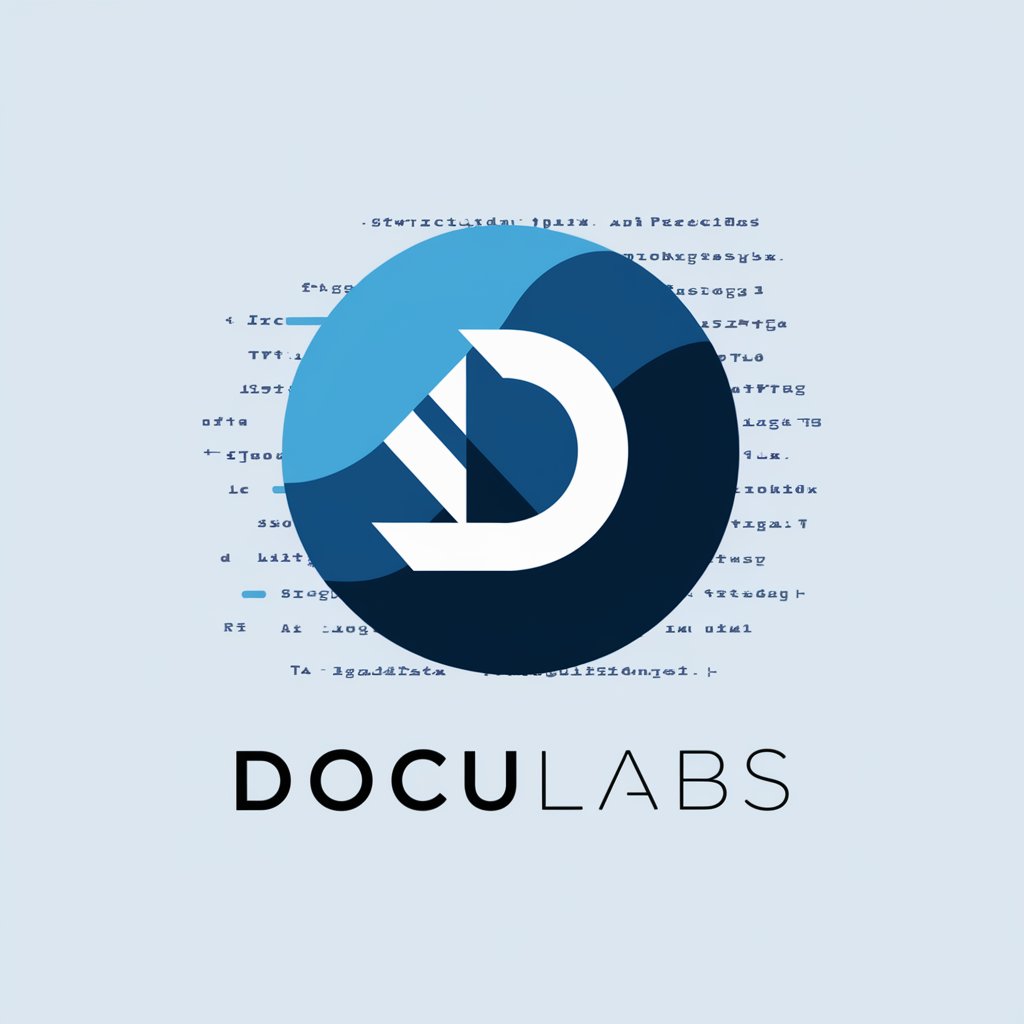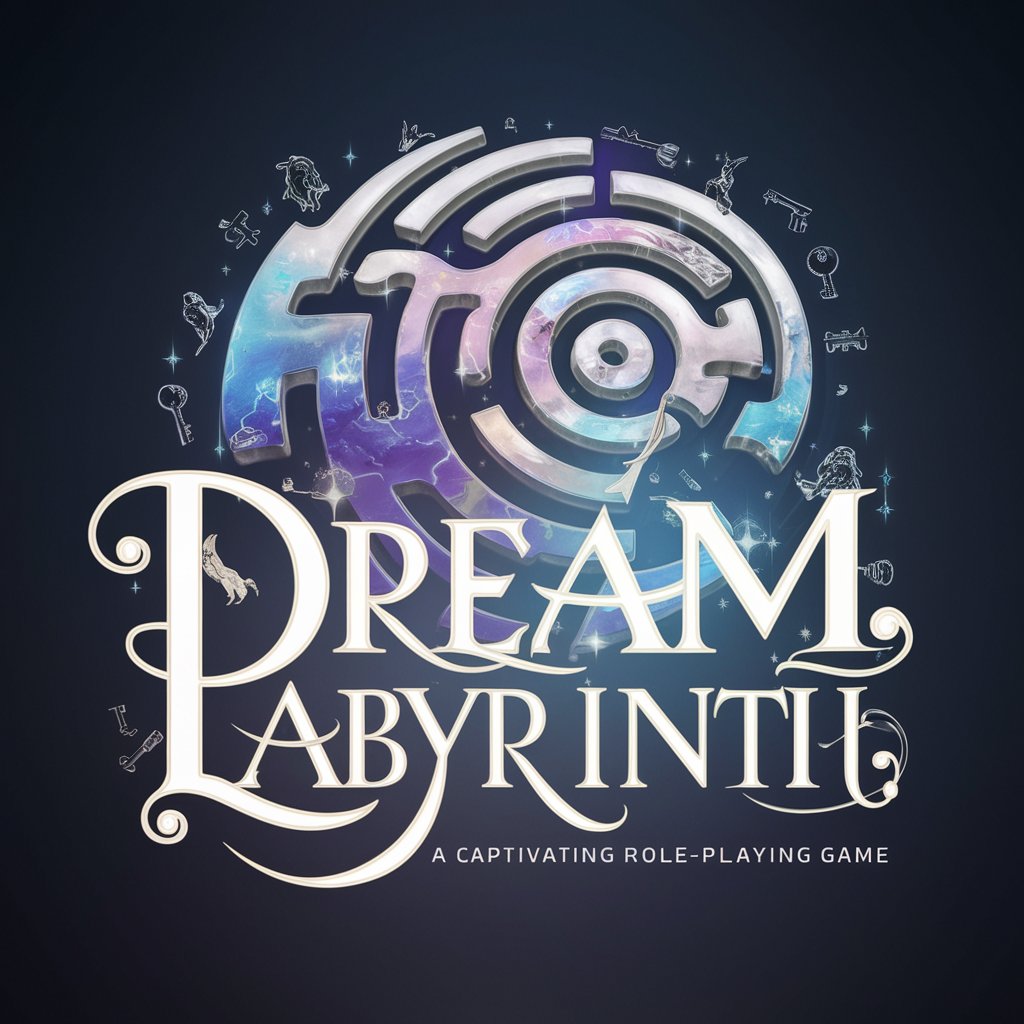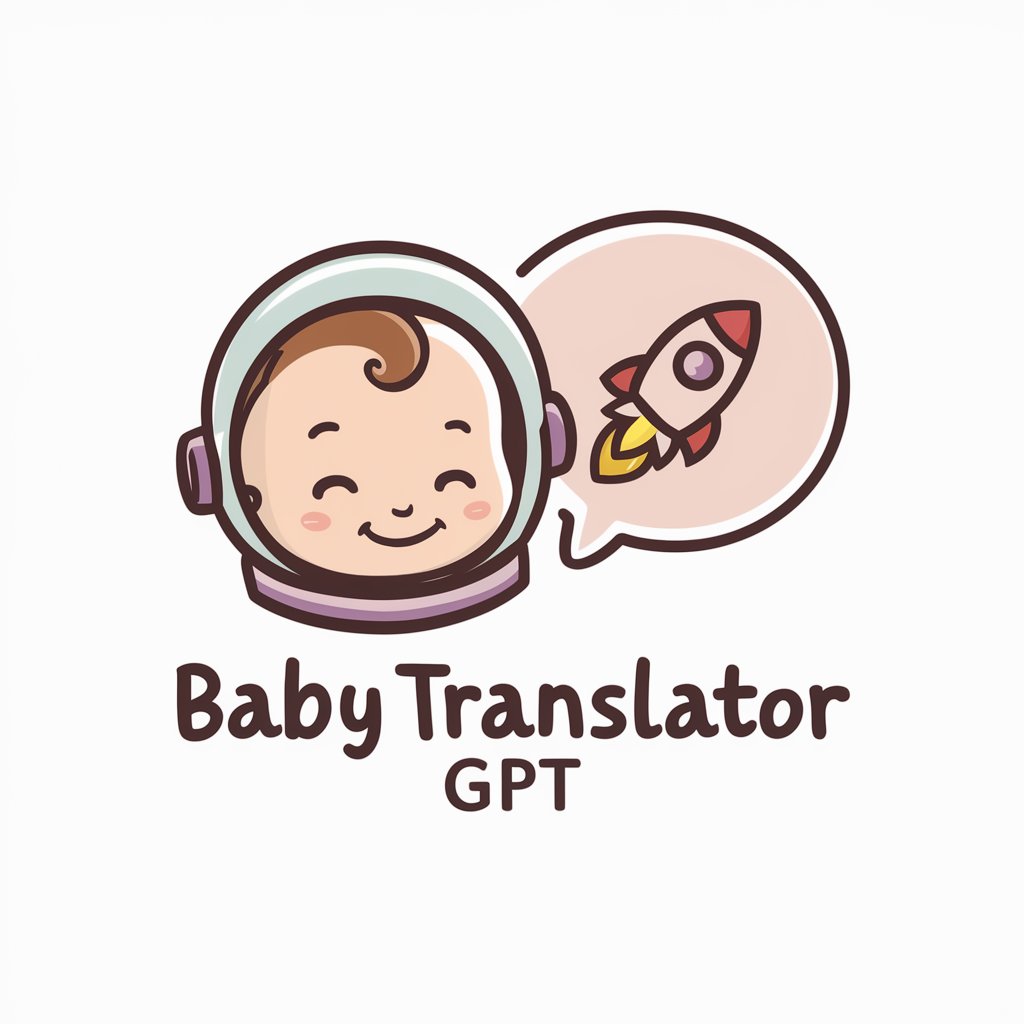
StateAdapt GPT - AI-Powered Content and Data Assistant

Welcome to StateAdapt! Let's simplify state management together.
Empowering Insights with AI
How can I manage state changes declaratively in React?
What are the benefits of avoiding callback functions in state management?
Can you provide an example of using StateAdapt in Angular?
How do I handle observable data sources in a declarative manner?
Get Embed Code
Introduction to StateAdapt GPT
StateAdapt GPT is a specialized AI designed to provide in-depth assistance and guidance on utilizing the StateAdapt library, a tool for managing state in JavaScript applications with a focus on reactivity and minimal boilerplate. Its core purpose revolves around offering advice, examples, and best practices for implementing StateAdapt in both React and Angular projects. This GPT aims to streamline the development process by explaining StateAdapt's functionalities, such as creating adaptable state containers, integrating with RxJS for reactivity, and leveraging StateAdapt's unique features like selectors and adapters for efficient state management. For example, it can guide users through creating a shared state with selectors for derived state, or setting up observable data sources to reactively update the UI based on external data changes. Powered by ChatGPT-4o。

Main Functions of StateAdapt GPT
Advising on State Management Strategies
Example
Guidance on structuring state logic using StateAdapt's adapt function, selectors for derived state, and reactive sources for auto-updating states.
Scenario
In a scenario where a developer is building a real-time chat application, StateAdapt GPT can advise on how to manage user messages and notifications reactively, ensuring the UI updates as new messages arrive or when the user's status changes.
Integration Assistance
Example
Instructions on integrating StateAdapt with React or Angular, detailing steps to set up StateAdapt for global or component-level state management.
Scenario
For a project requiring shared state between multiple components, such as a dashboard application with various widgets that consume and display data from a central source, StateAdapt GPT can provide a step-by-step guide on setting up a shared state container accessible across components.
Optimization Tips
Example
Recommendations on optimizing state management for performance, including efficient use of selectors and avoiding common pitfalls.
Scenario
In a large-scale application with complex state logic and numerous components, StateAdapt GPT can offer optimization strategies to minimize re-renders and ensure smooth user interactions, such as memoizing selectors or correctly managing subscriptions to observable sources.
Ideal Users of StateAdapt GPT Services
Web Developers
Developers building dynamic single-page applications (SPAs) with React or Angular will find StateAdapt GPT invaluable for learning state management patterns that enhance reactivity and maintainability.
UI/UX Designers with Technical Skills
Designers who are involved in the interactive aspects of application design and possess some technical background can use StateAdapt GPT to understand how state changes affect UI and user experience, facilitating better design-development collaboration.
Project Managers and Architects
Managers and architects overseeing project development can benefit from StateAdapt GPT by gaining insights into state management strategies that can lead to more efficient and scalable application architectures.

Using StateAdapt GPT: A Comprehensive Guide
Start Your Journey
Begin by exploring StateAdapt GPT at yeschat.ai, offering a hassle-free trial without the necessity for login or ChatGPT Plus subscription.
Familiarize Yourself
Review the documentation provided to understand the capabilities and limitations of StateAdapt GPT, ensuring you know how to integrate it effectively into your projects.
Experiment and Explore
Use the interactive platform to experiment with different inputs and settings. This hands-on experience is crucial for learning how to best utilize StateAdapt GPT for your specific needs.
Apply to Your Use Case
Identify how StateAdapt GPT can be applied to your particular scenario. Whether it's for data analysis, content creation, or problem-solving, understanding its application will enhance your results.
Seek Support
Don't hesitate to reach out for support or join community forums for additional insights and tips on maximizing the potential of StateAdapt GPT in your projects.
Try other advanced and practical GPTs
Cycling Performance Coach
AI-powered Cycling Performance Enhancement

Colony Quest
Explore, Learn, and Adventure in Space

THGPT
AI-Powered Architectural Genius

That EV Guy
Empowering Your EV Journey with AI

DocuLabs
Simplifying Documentation with AI

Comparador de Exchanges
Maximize your crypto trades with AI-driven insights.

16bitGPT
Revive Nostalgia with AI-Powered 16-bit Art

STO Advisor Pro
Empowering STO Decisions with AI

ラブクラフト「狂気の山脈にて」について答えるgpt
Unravel Lovecraft's madness with AI

Swap Adventure
Swap, Strategize, Survive: An AI-Powered Fantasy

Gunsmith Revolution
Empowering your gunsmithing journey with AI.

Dream Labyrinth
Unleash Your Dreams into Play

StateAdapt GPT FAQs
What is StateAdapt GPT?
StateAdapt GPT is an AI-powered tool designed to provide detailed answers and generate content across various domains. It leverages advanced machine learning models to interpret and respond to user queries with high relevance and accuracy.
Can StateAdapt GPT be integrated with existing systems?
Yes, StateAdapt GPT can be integrated into existing systems or workflows. It offers flexible APIs and documentation that enable developers to embed its capabilities into software applications, websites, and more for enhanced functionality.
What makes StateAdapt GPT unique?
What sets StateAdapt GPT apart is its ability to adapt to specific states or contexts within a conversation, providing more tailored and accurate responses. Its support for progressive reactivity and avoidance of callback functions streamlines interaction patterns.
How does StateAdapt GPT handle data privacy?
StateAdapt GPT is built with a strong emphasis on data privacy and security. It processes queries in real-time without storing personal information, ensuring user data is handled responsibly and in compliance with privacy regulations.
What are some common use cases for StateAdapt GPT?
Common use cases include academic research, content creation, programming assistance, data analysis, and customer support. Its versatility allows it to be customized for a wide range of applications, from generating reports to automating responses.





